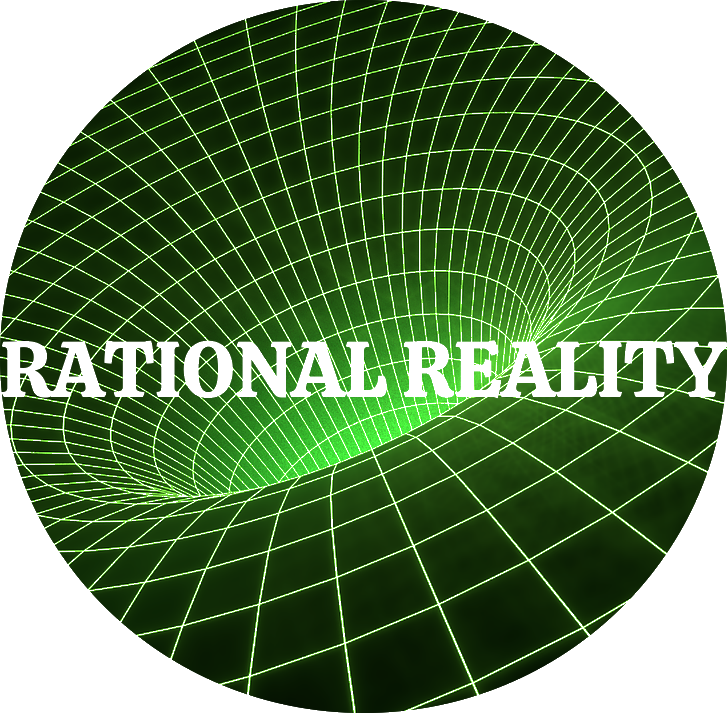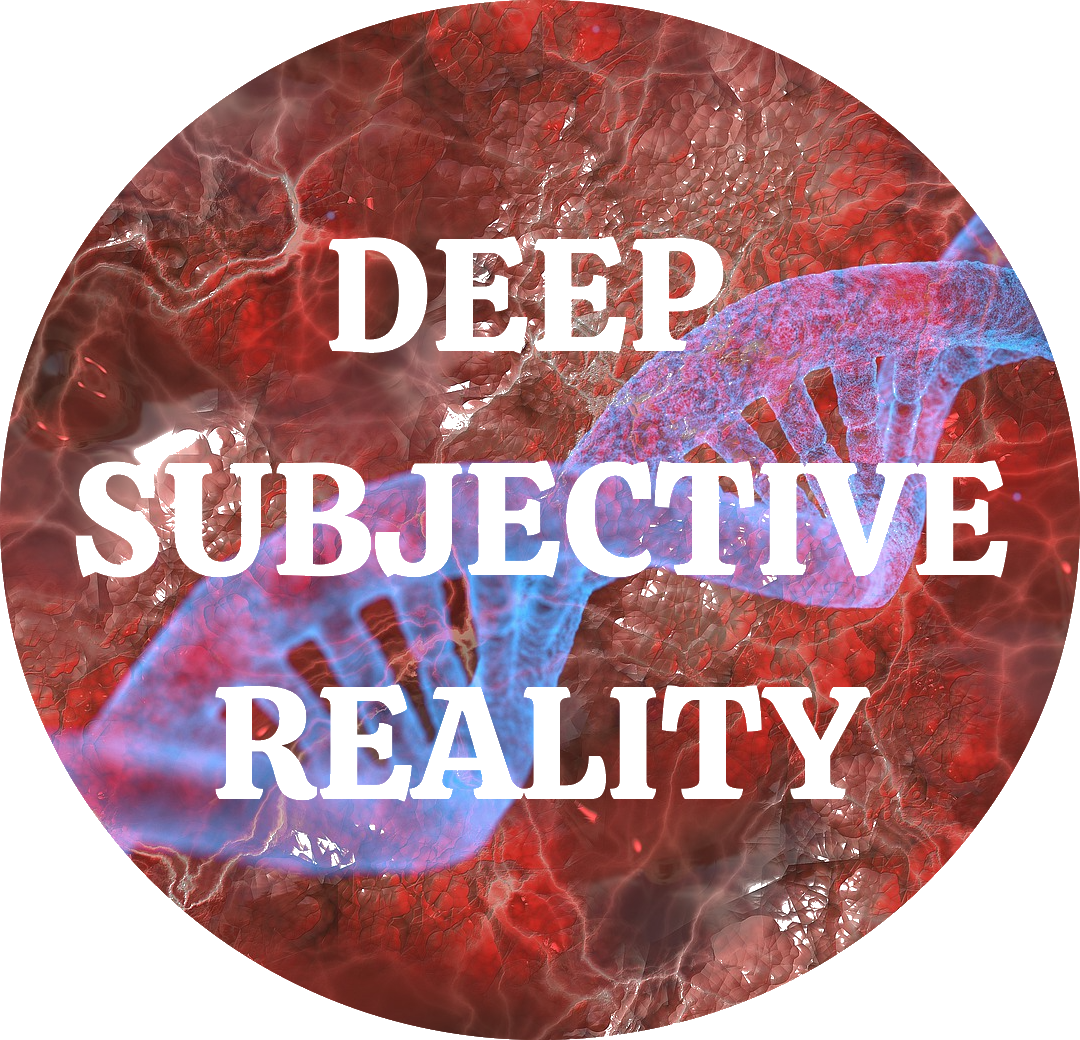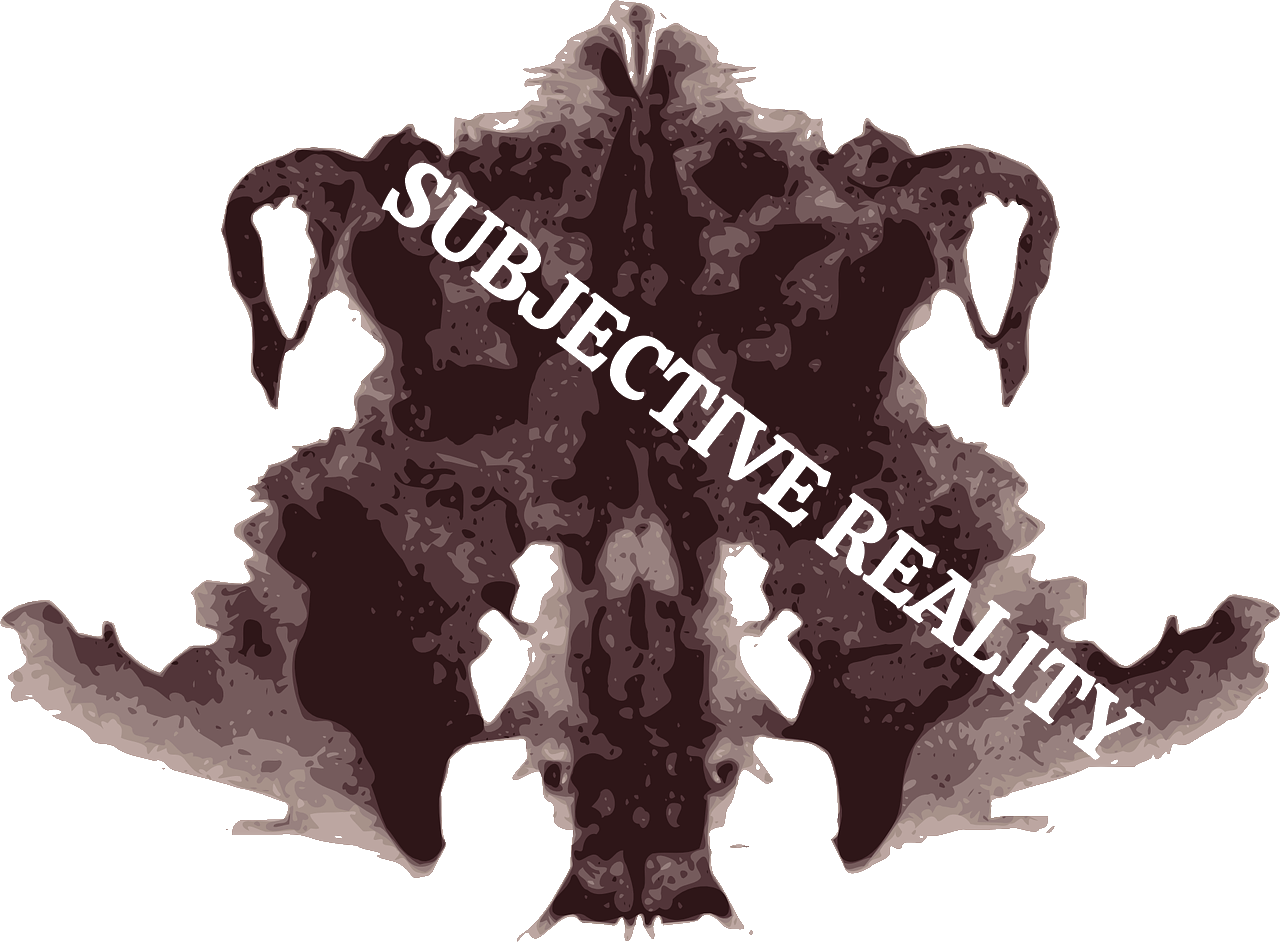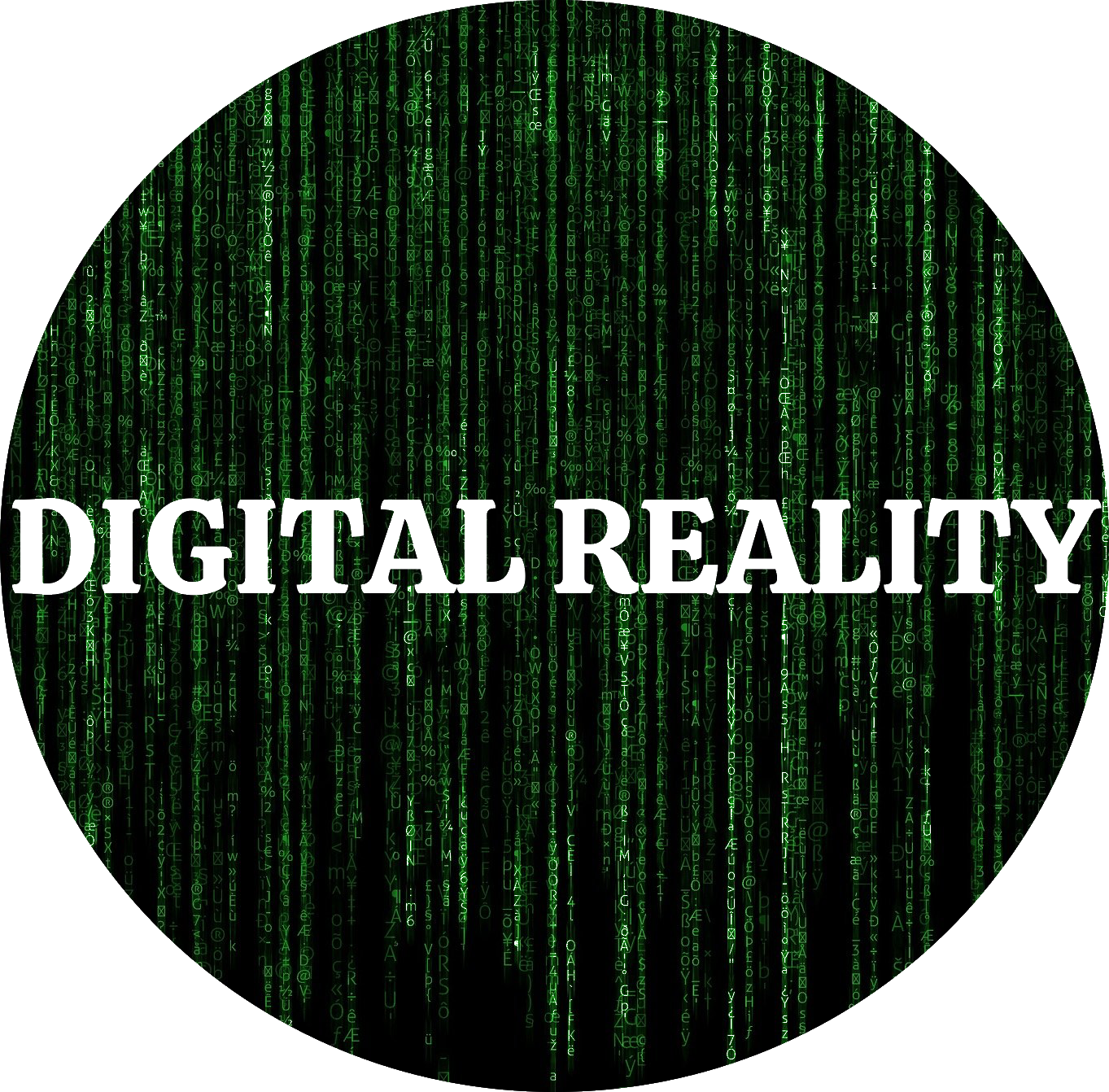
Intersubjective Reality
EXCERPT FROM PART ONE 3. INTERSUBJECTIVE REALITY OR THE COLLECTIVE KNOWN KNOWNS
How humans have cooperated and created the concepts, ideas and structures we all shareCULTURE
Culture became the blueprint for building, running, maintaining and changing our complex collective ideas, values and goals. These are visible in our shared customs, customary beliefs, values, attitudes and social practices. After long exposition to culture through community members, every individual became a cultural carrier and helped build, run, maintain, change, and perpetuate it. Agreement was the key element in this cultural endeavor.
An idea, value or goal that was not agreed upon was just an abstract entity that never entered the realm of what was experienced as a social reality. Culture inevitably became the modulator of every single intersubjective construction we have agreed upon entering our intersubjective reality until today. Let’s now talk a little about intersubjective reality. Once again, the best way to approach it is to break it down into how it affects us today. And what is more prevalent than money, economy and democracy?
ECONOMY
If you pay attention to both descriptions (command and market economies), and depending on your place of origin or age, one would resonate more with you than the other. Nobody can deny that command economies had a hard and bumpy ride in the past twentieth century. The ones that survive in the twenty-first century, like Cuba or China, are taking a lot of criticism from the rest of the world. However, it is almost impossible to judge an economic system’s efficacy without looking at its culture, specifically the political and belief systems that stand behind it. The question is: how do we measure the efficacy of an economic system? Is it the highest GDP, highest productivity, best national accounts, best monetary and financial statistics, lowest prices, biggest purchasing power or best share prices? Or perhaps, the possibility of you buying a penthouse in the heart of NY, a beachfront house in Malibu, the best spa treatments, a Formula one replica, a limousine, the latest, fully equipped 4x4, the best sports equipment, eat at the best restaurants, frequenting the most exclusive vacation spots, designer clothes, or purchasing whatever your heart desires?
Let me start by rephrasing the question; we know that the economy is a mere abstract tool constructed by us. So, what is the main purpose of an economy? Economies, for sure, are not just there to account for who owns what, who has what and who owes what to whom but additionally to organize the access and allocation of resources making sure that the distribution of goods and services is done properly. When you go to a hardware store looking for a tool, it is evident that you have an issue that you have to solve. Depending on the issue, you will purchase one tool or another.
Similarly, our economic, political and belief systems exist because we have certain issues we need to address and solve to avoid suffering and support positive feelings. Therefore, an economic system’s main purpose is to provide us with a blueprint to build, run, and maintain a system that informs us about who owns what, who has what and who owes what to whom. It organizes the access and the allocation of resources making sure that the distribution of goods and services is done properly to support dynamic homeostatic processes. The rest is incidental. Needless to say that the system, to be effective not only for our species but for the planet as a whole, has to accommodate all the species on earth or at least try its best to do so. It sounds like cheap utopian BS but before we let our biases go full steam, let’s consider a couple of points regarding our “infallible” free market economy.
EXCERPT FROM PART TWO 3. INTERSUBJECTIVE REALITY (I share, therefore I exist)
Finding Truth, facing Ideology and observing Religion Ideologies are based on the premise that humans are capable of all the above and much worse. It stands to reason then, that it is crucial for our political, social and economic systems to provide us, ignorant, lying, deceptive and absorbed hedonistic citizens, with the most convenient, easy to understand and follow narratives possible. Unfortunately, democracies were never designed to fight and overcome separation, division and fragmentation. At best, it is conceived to accommodate these. Ideology has been the glue holding together highly fragmented modern democracies and the most gruesome regimes.
The key to a well-orchestrated and functional ideology lies in its subtle and, above all, invisible structure. The first rule of the Ideology Club is ‘you do not talk about the Ideology Club.’ The second rule of the Ideology Club: ‘see above.’ This brings us to the kernel of the logic of control in the chapter on subjective reality. The logic of control guides authorities in regulating how citizens act, how capital is created and processed, how energy is harvested and applied and how information is created and distributed. Finally, it shines a light on how citizens, capital, energy and information are logistically organized to create a cohesive, predictable and manageable scheme.
The active yet unconscious participation, collaboration and reciprocation of citizenship are essential. The system is essentially defensive and tends to leave citizens in the dark about its internal operation. If ideology becomes too apparent and reveals its mechanism, citizens may become aware of it. The most effective ideological systems manage to minimize awareness of the machinery that mediates the experience dissolving the sense of oneself with the ideology. We become incorporated and vanish in the unambiguous and uncomplicated stream of thought artificially contrived by the authority in power.
Their plasticity and sharp focus characterize ideologies in modern Western democracies. It takes some design to inject lies based on irrelevant statements to secure citizens’ full cooperation and avoid the consequences of deliberately or unintentionally ignoring the functional truth. Ideologies, as entities, are aware of certain functional truths and their limitations in designing effective manipulative systems. Thus, instead of conceiving new false statements for every situation that could come up as a result of focusing on irrelevant contexts, ideologies preferably aim to create a fully customized set of narratives in which everybody is looking at the same frozen, irrelevant contexts. It makes it unnecessary to continue creating a series of falsehoods and avoid punishment by the citizens.




